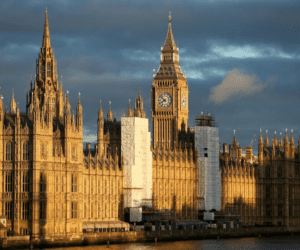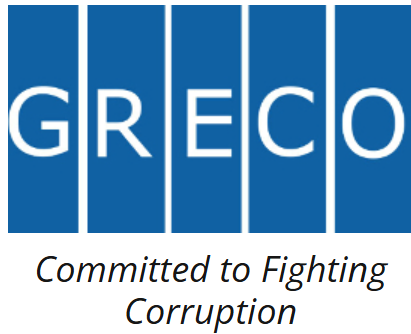By PAUL O’DONOGHUE, Senior Correspondent
THE Financial Times has urged the UK government to stick to its guns and implement fully public beneficial ownership registers.
In an editorial, the publication said that doing this would help make the global financial system “fairer” and help to reduce the flow of dirty money.
“Using opacity as a unique selling point instead undermines tax collection, sanctions and anti-corruption efforts everywhere,” the publication said.
“A concerted push towards open-access data would make the financial system fairer, safer and stronger for all,” said the influential media organization which is edited by Roula Khalaf (pictured)
The editorial was in reaction to a letter published earlier this week by a group of UK MPs calling on foreign secretary David Lammy to speed up efforts towards public registers.
Beneficial ownership registers contain information on who truly owns various corporate entities.
In response to the letter, the UK Foreign Office said the government was pursuing fully public registers with “full vigor”.
However, it is facing strong pushback from many British Crown Dependencies and Overseas Territories, which many reports claim are key enablers in allowing dirty money to move internationally.
The UK government itself has estimated up to 40% of the world’s dirty money moves through Crown Dependencies, overseas territories and London.
The Financial Times said that making beneficial ownership registers fully public could help to address this issue.
“Open registers help legal experts, non-governmental bodies and journalists to quickly link money trails to named individuals and spot suspicious activity,” the publication said.
“A Financial Times analysis also revealed that companies registered in the overseas territories exported $134 million worth of goods to Russia in 2024, in an apparent breach of UK sanctions.
“These territories and dependencies need to recommit to strict action plans to implement open databases.”








